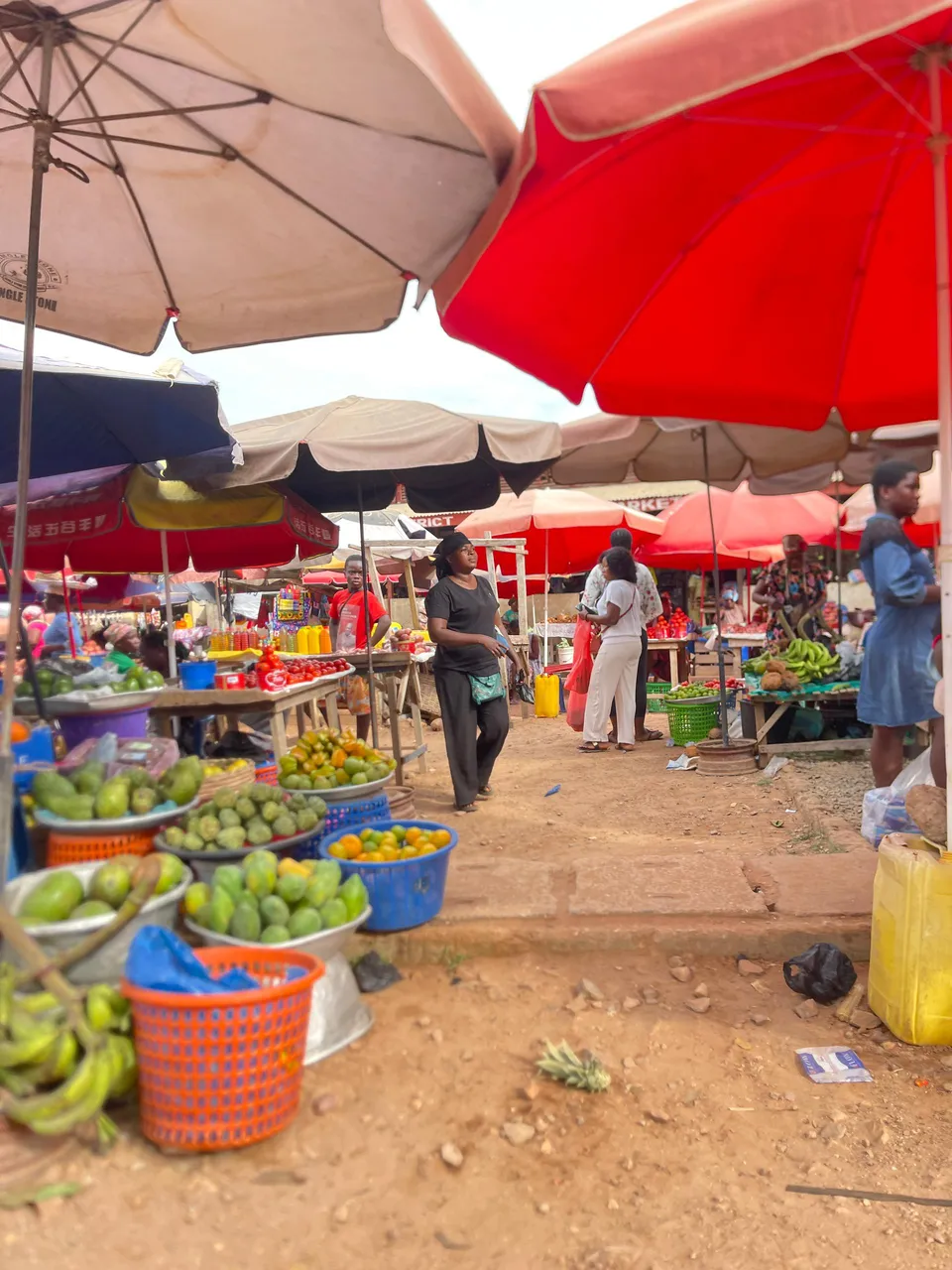
To understand how the economy works you don't have to be in a classroom, you just have to go to your market. That's where all of the action is — noisy, dusty, full of life!. Every trader in the market is engaging in what we call microeconomics. That means how small businesses and people make decisions about money, goods and services. And believe me, our local market women and men are practicing it even if they never learned about economocs in school.
Let's start with supply and demand. If you take a stroll and you see tomatoes everywhere, the price will probably be very low because of the amount or supply. But when tomatoes are few and price goes up, it is usually because of how much people want it which is the demand. The less tomatoes you have and the more people want it, the higher the price.
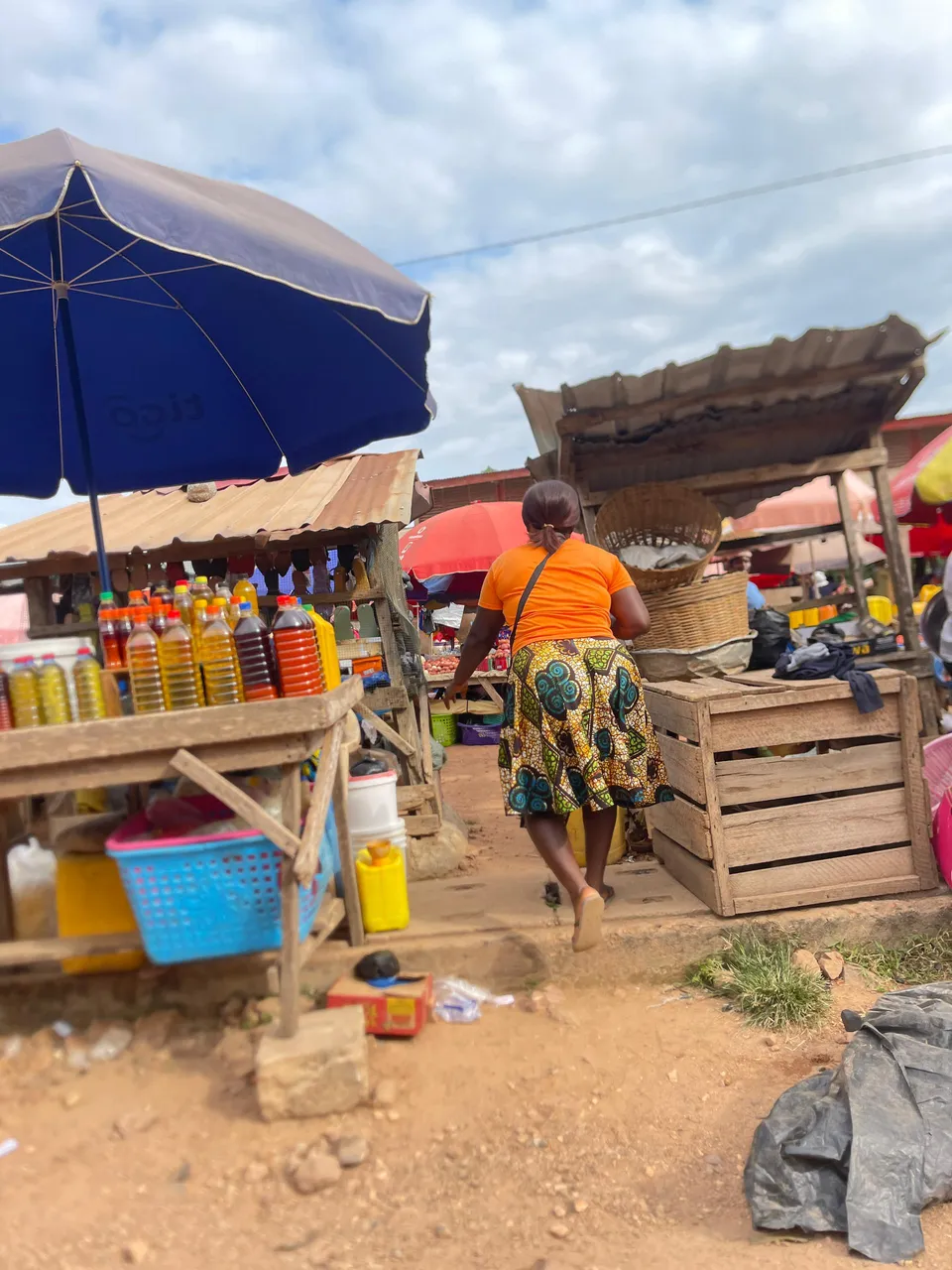
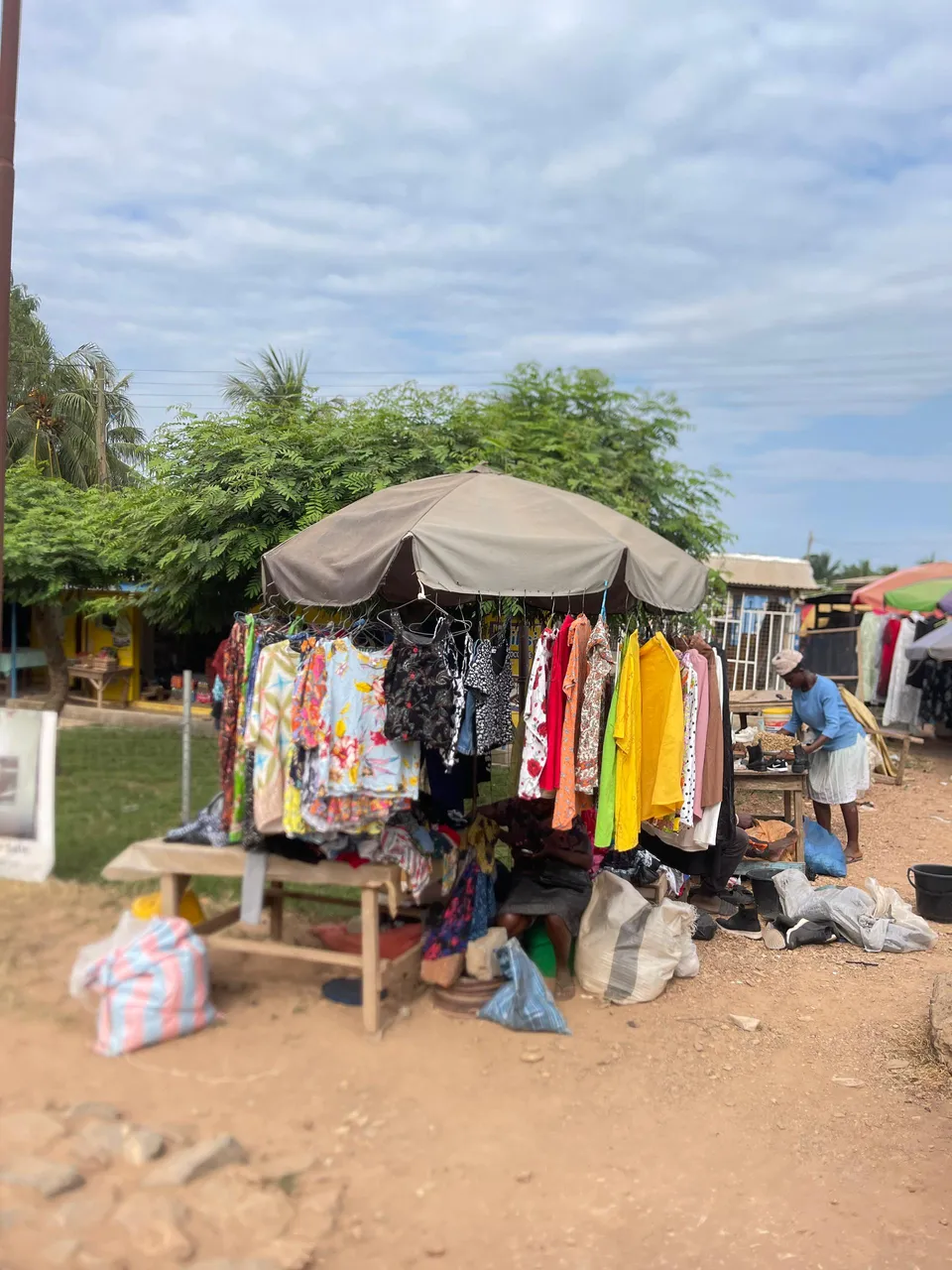
Now let's look at how sellers will decide how to price their products. Some traders may watch what prices are charged by others. If the lady next to you is selling okro at 5 cedis, you will price yours at 4.50 basically to get more customers. That is called competition — willingness to change your price for more sales. Now if you know for example that your okro is bigger or fresher, you may price it higher because now your okro has more value which is called product differentiation.
Then there is negotiation, which is a big part of the market culture. For example, unlike when you go to the bigger shops and price is fix and uninfluenced, here you can engage in chatting, laughing, and come up with a different price. But, you need to remember that each seller knows how far they can go down to make a sale and still make a profit, that's basic economics : you have to cover your cost and make a little something extra to survive. You can call it profit margin, their language is "my small top".
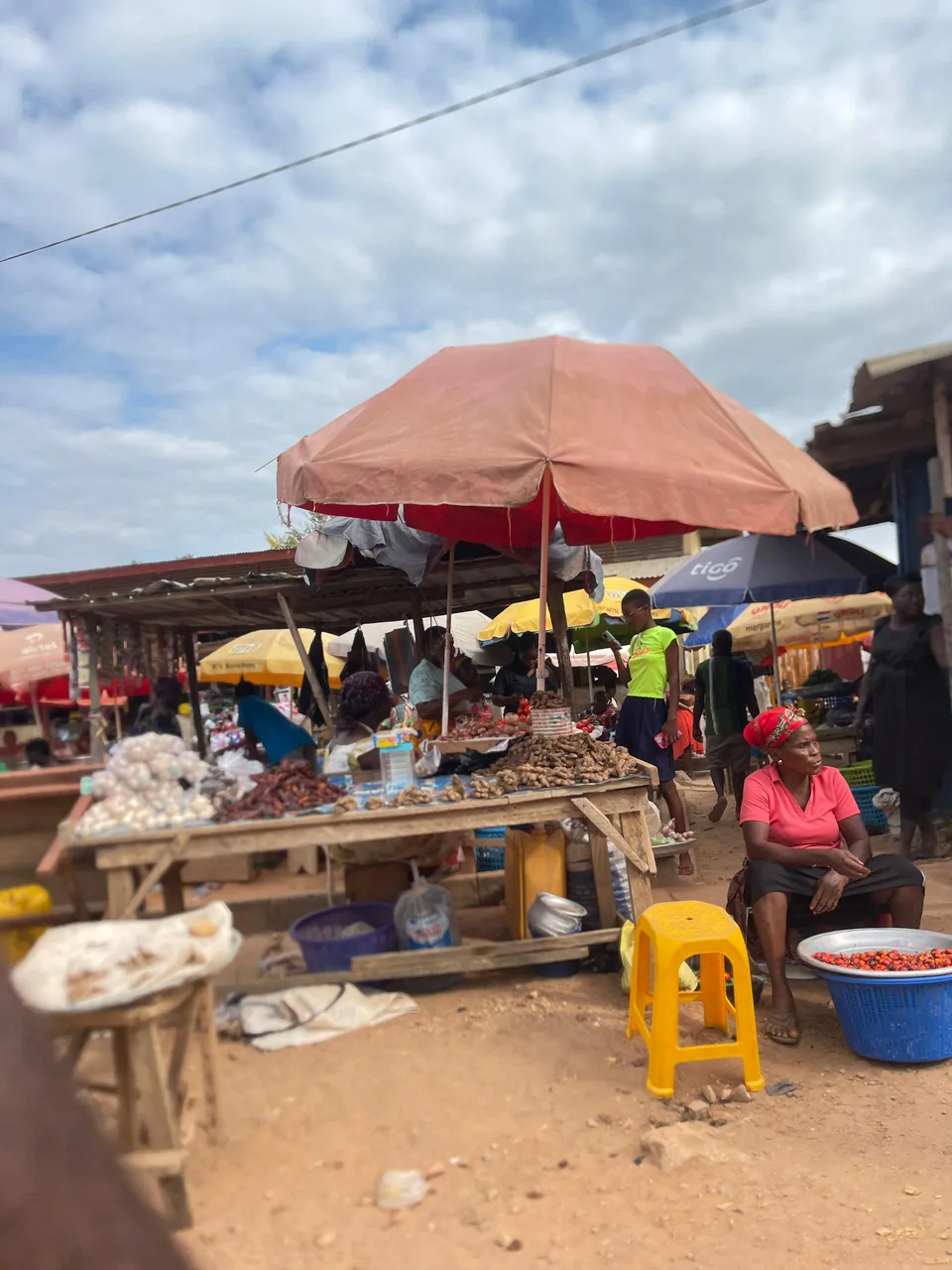
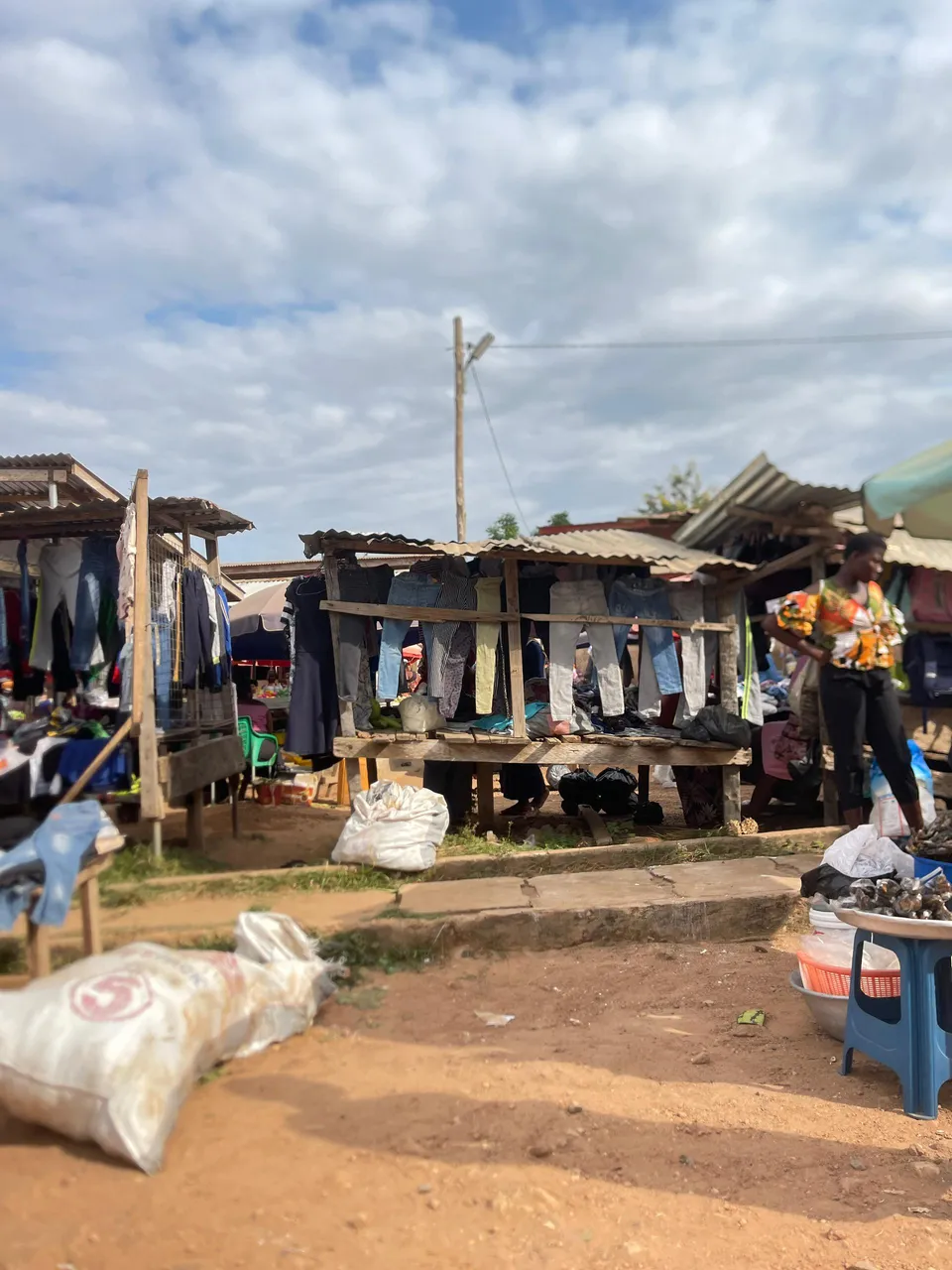
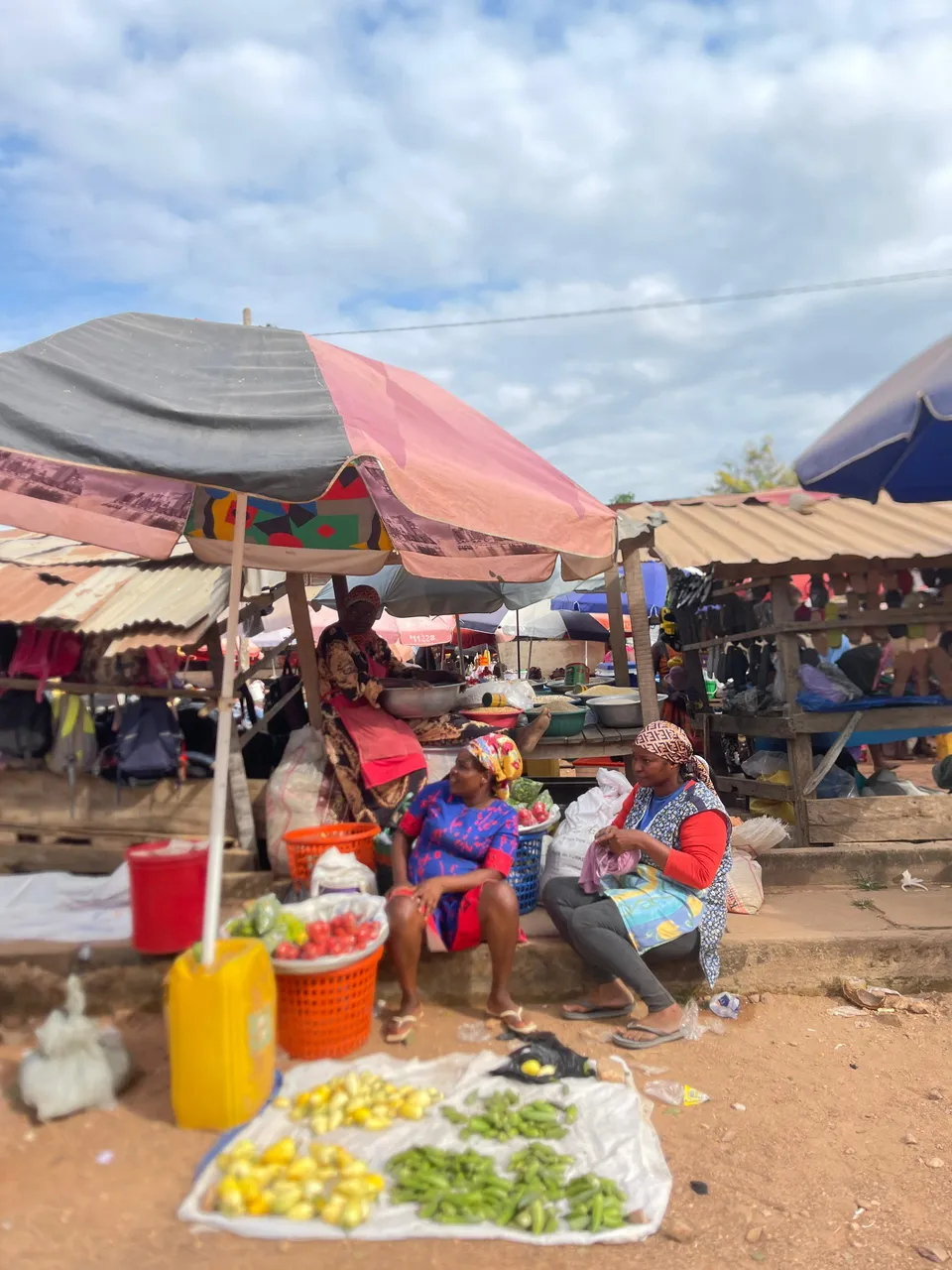
In the local market you will see one trader introducing or bringing something that other traders don’t have? That is what is called innovation. Some trader starts selling smoked tilapia, and then all of the sudden everyone else starts doing this. This is market influence. One trader's idea can influence what other traders do.
Highlighting customer loyalty which exists right here is strong too.
Some buyers have their set of people that may come back to buy every week, but it is beyond the price to what the trader might do for them- talk with customer, help with bag, add one extra pepper. That’s marketing at its basics. Finally, we can consider risk. These traders wake at 4 a.m., use transport, carry heavy loads, sit in the sun, not knowing if they will sell enough to make a profit. Nobody is paying them a salary. No safety net. Just hope, effort and prayers.
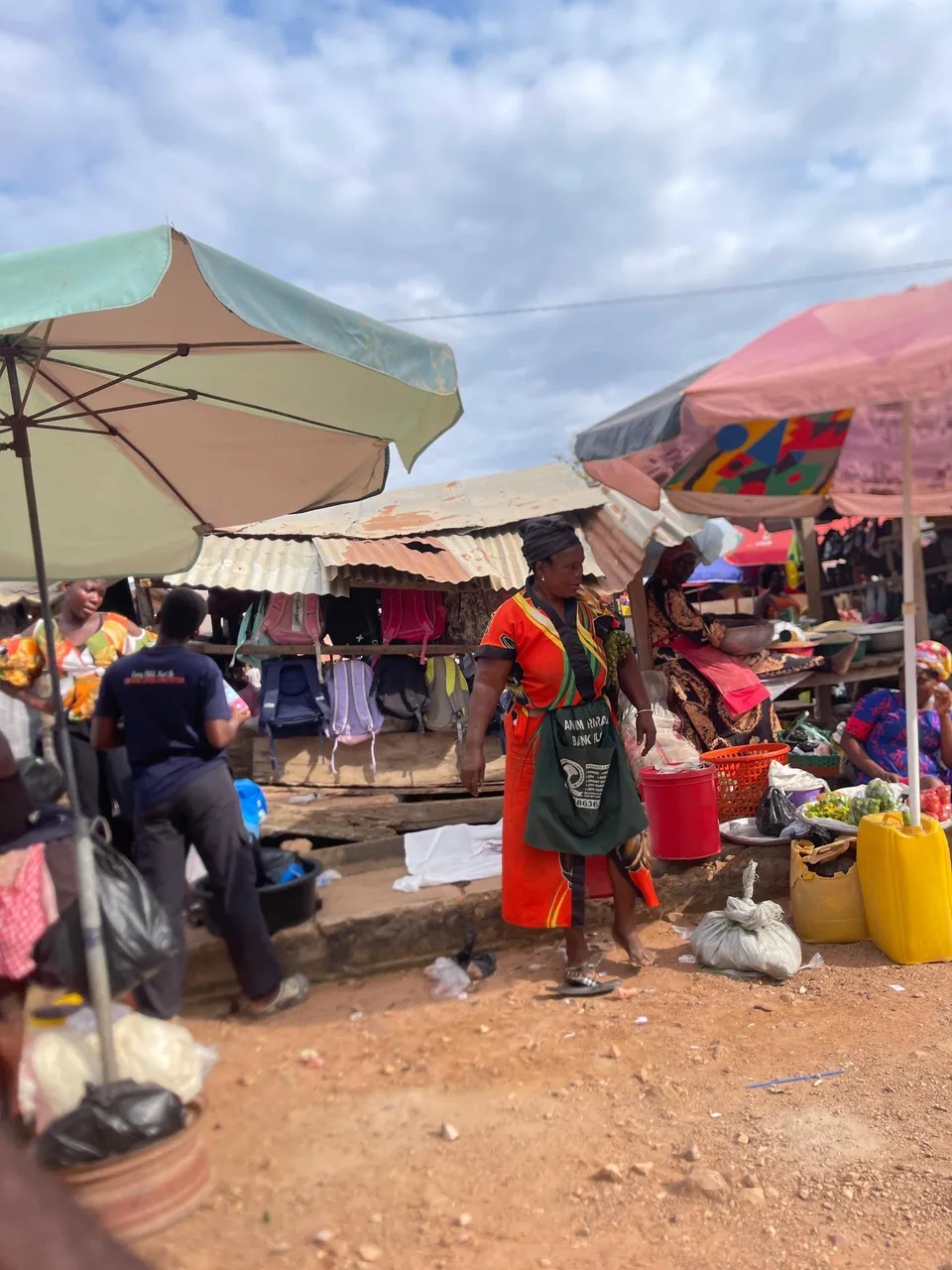
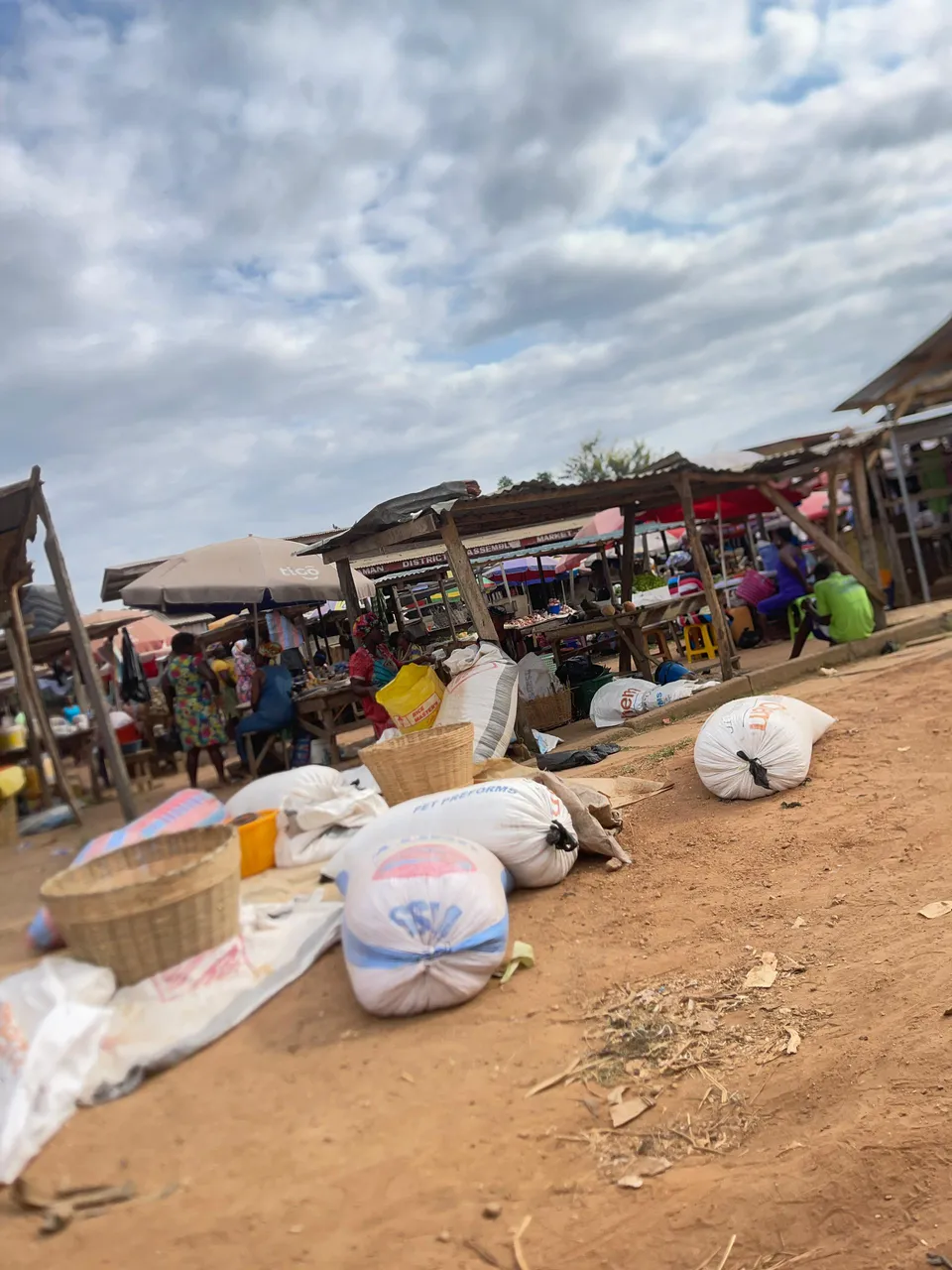
So in future, while you are passing through your local market remember: it's not just noise and dust! It is a university. Every umbrella, table or basket is a classroom. And the people that are standing behind them are everyday professors that are giving us all a lesson on how business is done.